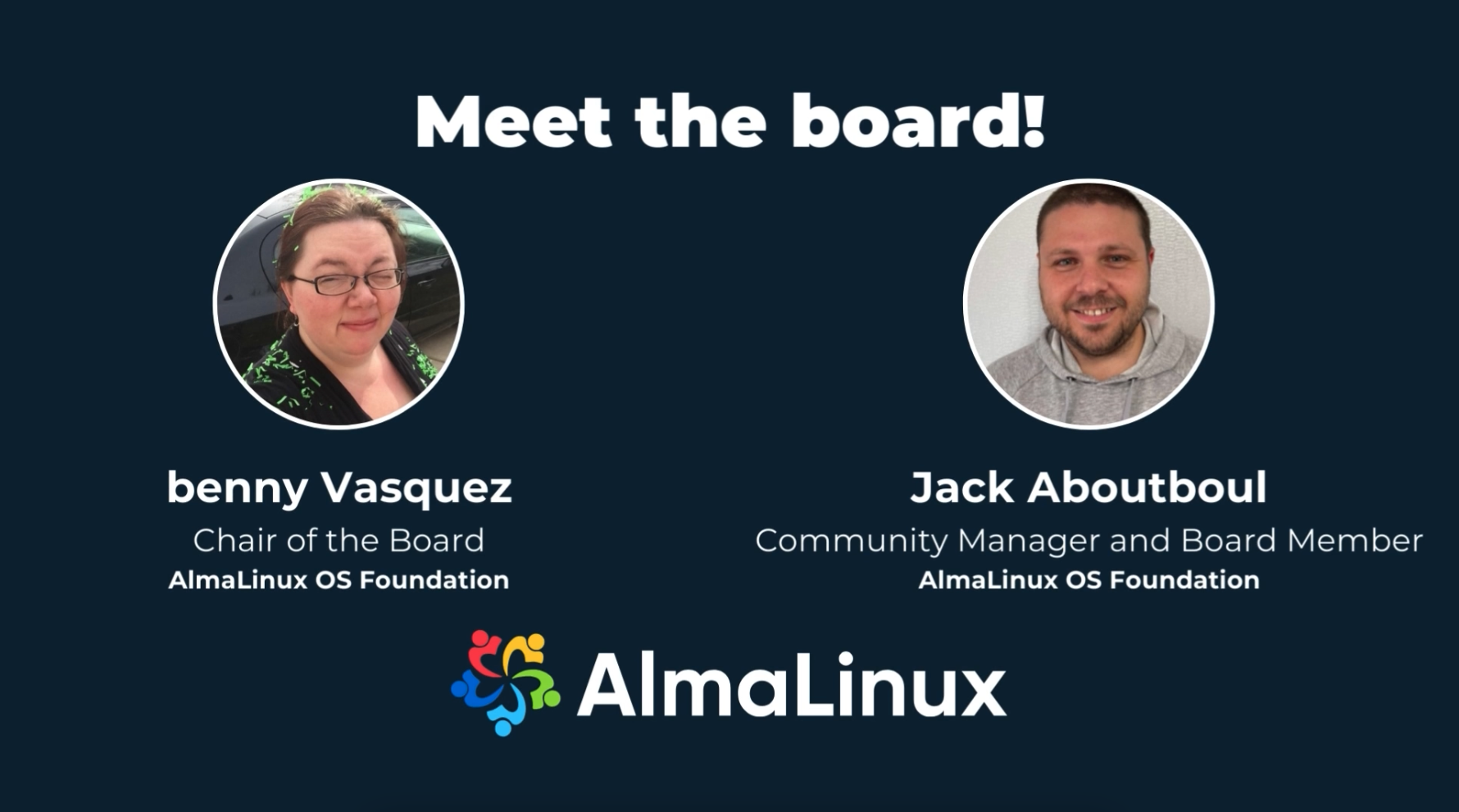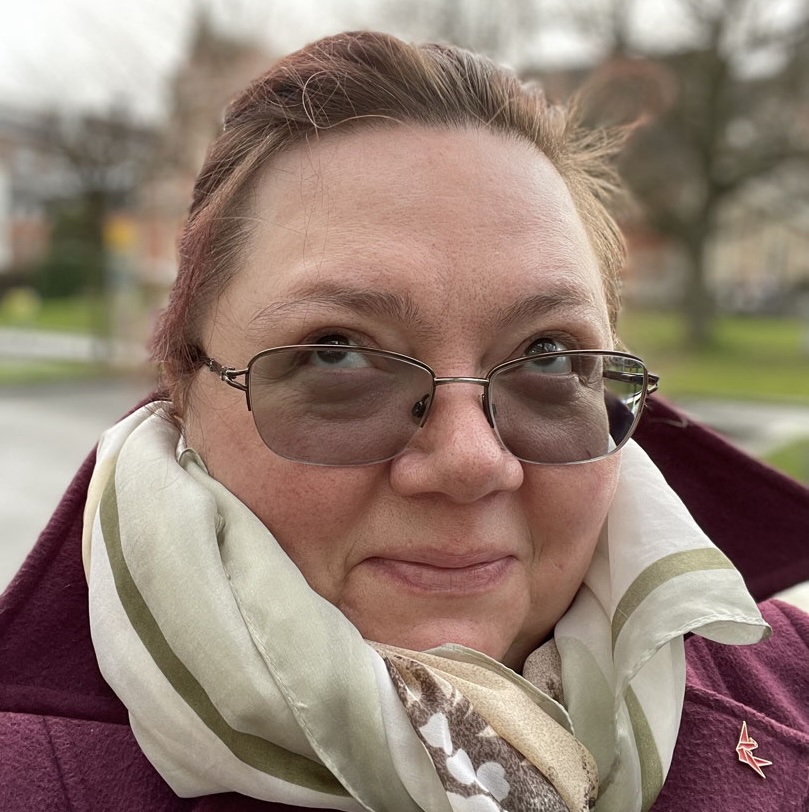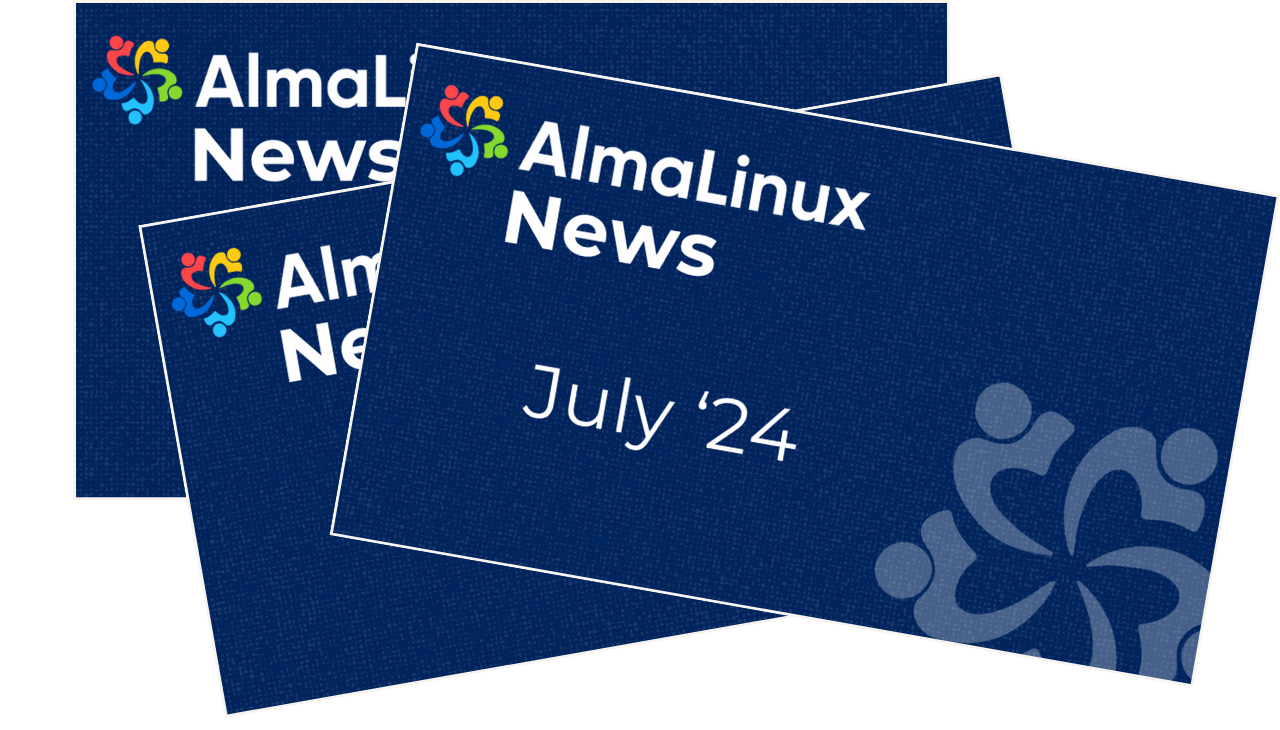
As you may be aware, last year, we launched a video series in which we have community members answer common questions we’re seeing from the community. This year, we’re starting another video series, this time with the AlmaLinux OS Foundation board members. Our goal with this new series is to better introduce our board to the AlmaLinux community.
The first of these board member Q&A videos features Jack Aboutboul. Jack may be a familiar face to you as he has been part of AlmaLinux since the very early days. In the video, he shares his history with Unix and Linux, his hopes for AlmaLinux, and why he’s so passionate about building community. Learn a bit more about Jack by watching the video, or read the full transcript below!
Learn more
The AlmaLinux OS Foundation’s board is community elected, by members of the AlmaLinux OS Foundation. If you use AlmaLinux, contribute to AlmaLinux, or support AlmaLinux in some way, we encourage you to join the foundation. Individual membership is free, because you shouldn’t have to pay to have a voice in the future of something you care about.
If you’d like to learn more about our board and elections, you can check out our Wiki! You can also watch the other videos in this series in this YouTube playlist (we’ll be adding more soon!).
Transcript
Note: This transcript has been edited for clarity and readability.
benny: Hi, Jack. Thanks so much for joining me. We’re gonna do a little intro for the AlmaLinux community to some of our board members. And you are my first one. So let’s start with maybe what got you into Linux or open source.
Jack: Yeah. So, this is the genesis story, right? So I was in school and they had some science program for kids who liked science. And I was a kid who liked science.
benny: Yep.
Jack: So one day, they said that, as I vaguely remember it, if anyone wanted to sign up for a summer research thing, we’d be working with a local university here at home, and you’d get to go into the lab, play with a bunch of cool stuff. And I was like, yeah, I’m all for that. So little did I know that, you know, 20 plus years later, we’d still be on this ride. But, I ended up doing that program in the summer. It was really cool. Got exposed to a bunch of stuff. Computers weren’t so popular back then, like home computers were not a thing yet. And I started off my journey actually using Solaris. That was the first OS that I used. It wasn’t even Linux. It was like a real Unix, you know.
benny: Yeah.
Jack: And I was involved in that program for a few years moving forward and using the computer and learning to program and like, just learning tech, was a focal point of my life at that point, I guess. And I got to do all this in a well-funded university computer lab. And so there was lots of Solaris, there was other Unix. And that’s really how I got started. Using Unix and from there we transitioned to Linux because basically one summer, not that summer, but a different summer. Someone came into the lab with a copy of Red Hat on floppy disks and I was like, oh, what is this? And they’re like, oh, it’s like Unix, but for whatever it was x86 computers or whatever, like these home computers back then. And then I super annoyed my parents to get me a computer, which was really, really expensive back then.
benny: Yeah.
Jack: And we didn’t get it right away, but eventually we did. And I ended up installing Red Hat and I ended up contributing to Red Hat, and, you know, that’s how we jumped down this rabbit hole.
benny: That’s amazing. That’s awesome. That eventually led to AlmaLinux, right?
Jack: Yes. And it led to a few stops along the way, including eventually working at Red Hat for quite a while and working at other places and getting involved in Fedora really, really heavily when that was founded and getting involved in the CentOS community and eventually led to Alma yeah.
benny: That’s awesome. What do you think right now excites you most about what we’re doing in AlmaLinux? Or where do you think or where we’re going to go in the next five years?
Jack: Honestly, I think the capability to be a little bit divergent from, like, the upstream or the classical upstream is really, really exciting. I mean, we’ve already seen, I’m a people pleaser and we’ve already seen, more than a few people react and respond to things like re-enabling hardware and a bunch of other security fixes that the community was able to put out, faster than upstream. So, you know, it’s like having your own identity, right? Being a clone is easy, but having your own identity is hard. And I think in terms of that, technically, I think it’s very exciting. But then what’s even more exciting to me is just the whole, you know, like we bootstrapped the community from zero.
benny: Yeah, right.
Jack: And we’re seeing the growth there and seeing people come in and being able to build that community and putting together those processes to manage our community and to build our community, grow our community, assist people. It’s something that I’ve been through before. But I think every time you do it, there’s a new perspective to it. And you learn a new thing about people, and you bring your existing background and experience in all of that to a new, basically like a new set of clay.
benny: Yeah.
Jack: It’s a new group of people every time.
benny: Yeah, exactly.
Jack: And I just think even though there’s still people that are connected from other ecosystems that you might have, you know, had contact with or worked with before. But each community is like its own unique, beautiful entity, its own animal.
benny: Right.
Jack: And, just being able to be a part of that and being able to say that I helped bootstrap that and just really helping people every day, on whatever journey they’re on. I think that’s been a really amazing thing. And that’s part of what being on the board is on. It’s being part of that dynamic process, right? Because things come up, and you try to basically turn the project into what you want it to be.And I think, we do that via the board and just being involved in that process, to me, that’s like the painter painting the picture. And it’s something so unique and so awesome. And it’s awesome to see that, the way we started out and the way we decided that we’re going in a certain direction. This is like what our structure is going to be. This is what we feel is best for the community. And seeing how that’s panned out and seeing how it’s still developing, like there’s still governance stuff that’s happening every single day. Which, you know, people might not realize that.
benny: Yeah.
Jack: And I think that that’s what really excites me is like, this is still evolving, right?
benny: Yeah.
Jack: It’s still growing and being able to put like a couple of brushstrokes on the canvas, for me is a really, really awesome part of life.
benny: That’s awesome. You’re obviously extremely passionate about open source stuff and Linux stuff in general, the enterprise Linux ecosystem. Is there anything or are there any other causes that you’re passionate about?
Jack: Absolutely nothing else, benny. Nothing else. Zero. I mean, you know, I’m a parent, so obviously you’re passionate about your kids and raising them is one of the great pleasures of life. And just seeing them develop and flourish. It’s kind of the same thing as what I’ve done, basically all my life in a community context. But now it’s a lot more like macro and a lot closer to home. So I’m definitely passionate about that. And just really helping people, like volunteering. In all types of things, like whether it’s locally, whether it’s in the open source community or elsewhere. I just feel like life is too short to not help people. A lot of people can, even if they may not realize sometimes, they could use the help. So I think everyone needs to feed their quarter into the machine to make the world a better place. And I guess that’s my contribution.
benny: Awesome. Well, cool. Thanks for joining me today, Jack.

